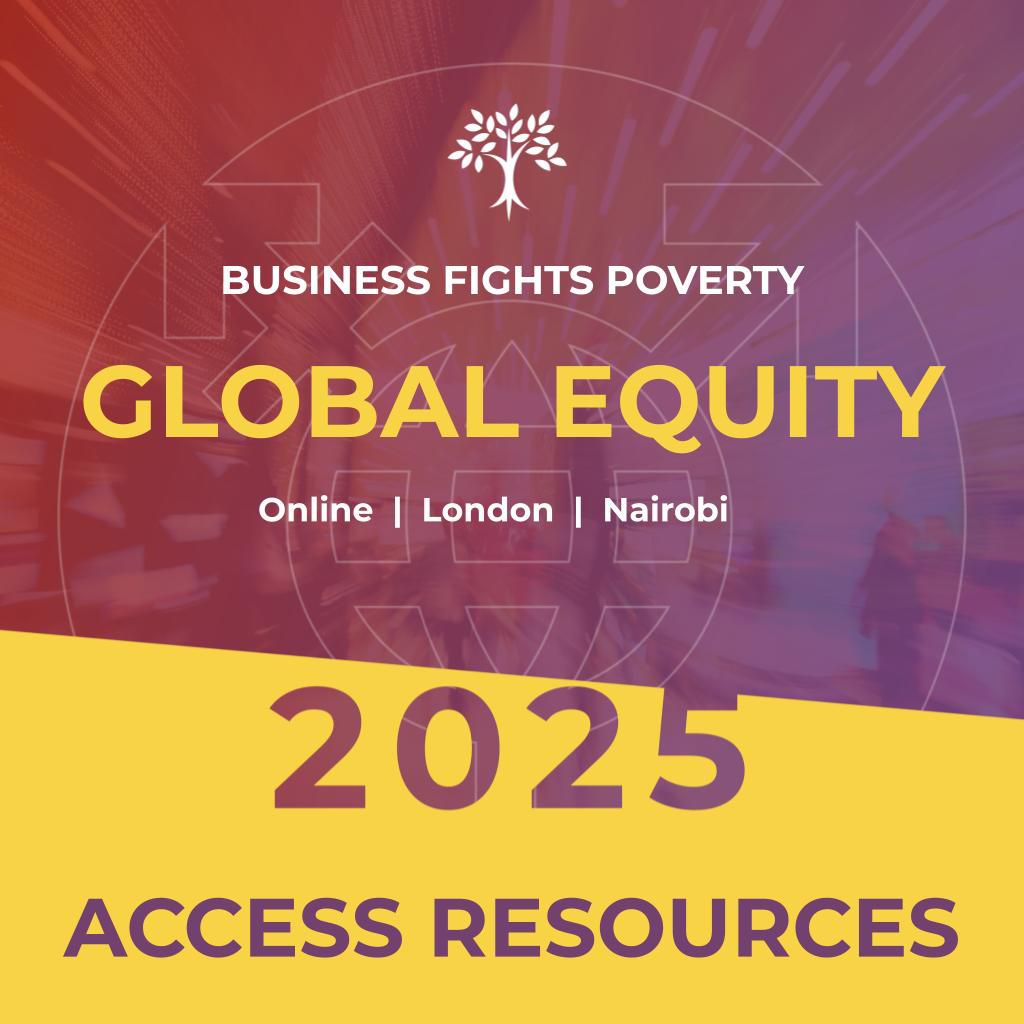This year, United Nations Member States unanimously adopted a resolution to recognise 19th November as World Toilet Day as a way to raise awareness of the 2.5 billion people who lack access to a clean, safe toilet and help generate action to make sanitation a global priority. Today marks the first UN recognised celebration of World Toilet Day and sends an important message that sanitation should firmly be on all our agendas.
We all have a role to play – government, civil society and business. What the sanitation crisis needs is investment, willing players and the pooling of skills and expertise to accelerate progress. Public private partnerships are critical.
It’s no coincidence that many of the world’s most powerful campaigns, particularly in public health, are run by public private partnerships. A new breed of pubic private partnerships with different organisations will ultimately result in more impactful programmes and solutions to tackle the sanitation crisis.
To this end, Unilever Domestos is taking a leadership role in the private sector and 2013 has been an important year for sanitation partnerships. To name just two examples…
Domestos has worked with the World Toilet Organization since 2009 as a lead sponsor of World Toilet Day, crafting campaigns that challenge preconceptions and open new conversations around toilets and sanitation more generally. This partnership is also developing more tangible solutions to the sanitation crisis, for example, helping develop innovative market-based models that are designed to create demand for improved sanitation within local communities while also providing sustainable jobs.
Domestos and the Unilever Foundation have also worked with UNICEF to fund their Community Approaches to Total Sanitation initiative (CATS programmes). The first year of the partnership, resulted in an estimated 600,000 people living in communities free from open defecation across nine countries.
The work Unilever does to improve sanitation contributes to the company’s commitment to help one billion people to improve their health and well-being by 2020, but we are also very transparent about the fact that it’s the right thing to do for business.
For us this is more than simple CSR. It’s about finding a sustainable way to establish a very clear link between tackling this crisis and our business ambitions. At the intersection of the market opportunity and the societal and environmental pressure lies a huge opportunity for businesses. When companies and brands navigate this intersection, that is when the private sector can really add greatest value.
More businesses need to look at their core business – as we have done at Domestos – and examine how improving access to sanitation can help in the development of new markets and new consumers. Businesses need to unashamedly ask themselves “what is the business opportunity?” and “how can we use our core business strengths to help deliver both strategic and social development?”
Ultimately, it is imperative that stronger partnerships are built if we are to improve the lives of the one third of the world’s population without access to sanitation. The success of these partnerships depends on greater support from across the private sector, governments and civil society, the strong leadership of all parties involved, a clear purpose, shared goals and a willingness to pool resource.
The global sanitation crisis is too big to solve alone. It is only by working together that we can make a real impact. To quote the title of our new report, jointly published by the United Nations hosted organisation Water Supply and Sanitation Collaborative Council, international development organisation WaterAid and Domestos, launched to mark World Toilet Day, We can’t wait.










